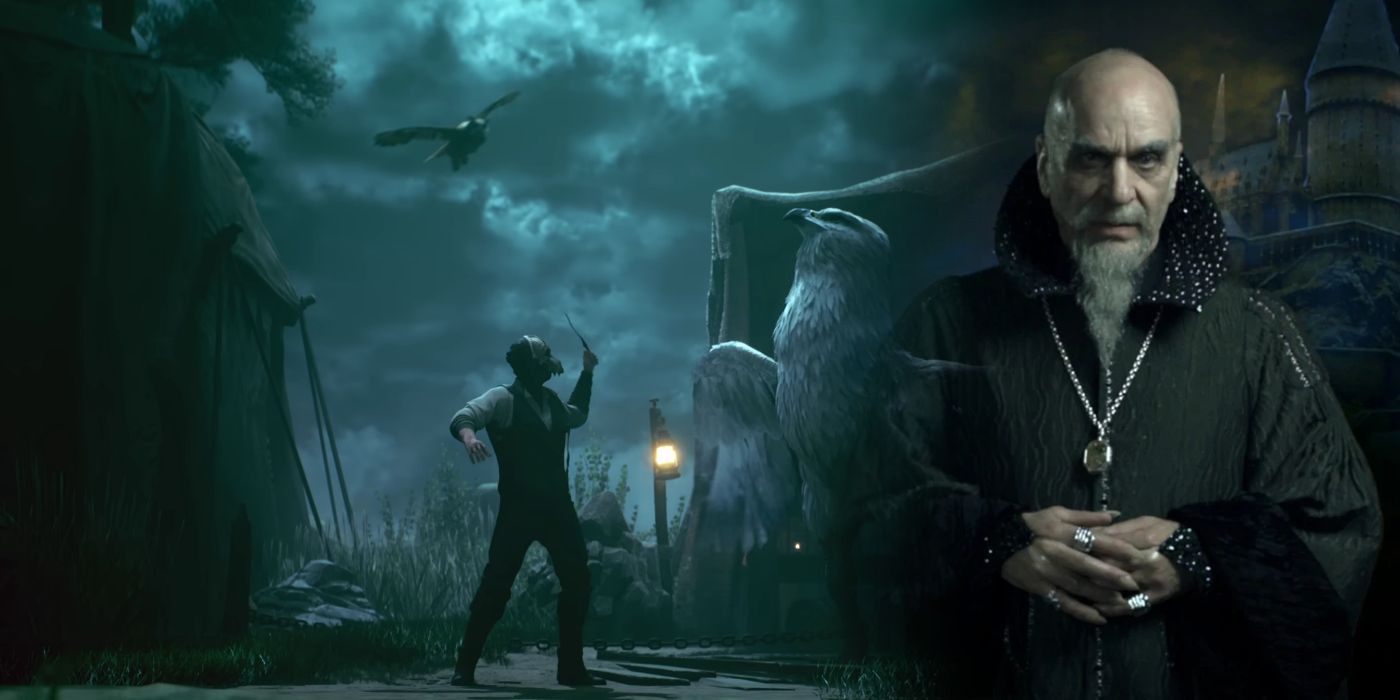Jean-Marie Lavalou, the Frenchman who received two awards from the Motion Picture Academy of Arts and Sciences for co-creating the Louma Crane, the first remote-controlled camera system used in the motion picture industry, has died. He was 76.
Lavalou died July 15 in Paris, his company, Loumasystems, announced.
Born on March 9, 1946, in Bourg Saint Leonard, Normandie, France, Lavalou graduated in 1968 from the Ecole Nationale Supérieure Louis Lumière film school in Paris before entering national service.
He met Alain Masseron in the film department of the French Navy, and they created sweeping, never-before-seen shots while making a film inside a submarine by attaching a camera to the end of a wooden pole and moving through the narrow vessel.
The inventors brought their device to Paris camera rental house SamAlga Cinema, where chief engineer Albert Vigier introduced them to David Samuelson of Samuelson Film Service in London. With two teams of engineers and the idea to pair the device with a video-assist system that Joe Dunton was working on at Samuelson, the first remote head for motion picture filmmaking was born.
The Louma Crane was used on films including Steven Spielberg’s 1941 (1979), on which Lavalou served as a technical adviser alongside cinematographer William A. Fraker.
The name of his invention came from pieces of Lavalou and Masseron’s surnames. They and David Samuelson received an Academy Scientific and Engineering Award in 1981, then were given an Academy Award of Merit in 2005.
Lavalou also was responsible for bringing the Spydercam system to France when he designed the stadium roof fittings and pulleys to which wires are attached.
Survivors include his sisters, nieces and nephews.


























































